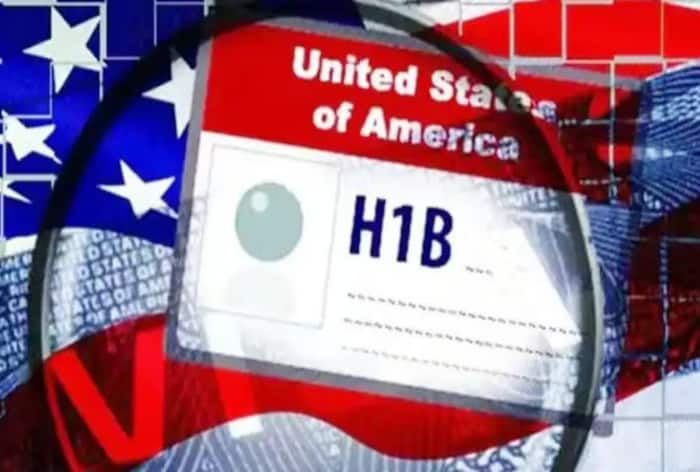
[ad_1]
Starting from the FY 2025 initial registration period, USCIS will require registrants to provide valid passport information or valid travel document information for each beneficiary.

The US Citizenship and Immigration Services (USCIS) has implemented a new rule to strengthen the integrity of the H-1B registration process and reduce the risk of fraud. This rule, which will be effective from the fiscal year 2025 (FY 2025) H-1B cap, introduces a beneficiary-centric selection process. The goal is to ensure fairness and equal opportunities for all beneficiaries, regardless of the number of registrations submitted on their behalf.
Under the new rule, registrations will be selected based on unique beneficiaries, rather than the number of registrations submitted. This change aims to reduce the potential for fraud and ensure that all beneficiaries have an equal chance of being selected. Starting from the FY 2025 initial registration period, USCIS will require registrants to provide valid passport information or valid travel document information for each beneficiary.
Additionally, the final rule clarifies the requirements for the requested employment start date on certain petitions subject to the H-1B cap. Petitions can now be filed with requested start dates after October 1 of the relevant fiscal year.
USCIS has also announced the launch of an online filing option for Forms I-129, Petition for a Nonimmigrant Worker, and Form I-907, Request for Premium Processing Service, for H-1B petitioners.
H-1B Registration Final Rule
- This final rule contains provisions that will create a beneficiary-centric selection process for registrations by employers, codify start date flexibility for certain petitions subject to the congressionally mandated H-1B cap, and add more integrity measures related to the registration process.
- Under the beneficiary centric process, registrations will be selected by unique beneficiary rather than by registration.
- Starting with the FY 2025 initial registration period, USCIS will require registrants to provide valid passport information or valid travel document information for each beneficiary.
- The passport or travel document provided must be the one the beneficiary, if or when abroad, intends to use to enter the United States if issued an H-1B visa. Each beneficiary must only be registered under one passport or travel document.
- USCIS is also clarifying requirements regarding the requested employment start date on certain petitions subject to the congressionally mandated H-1B cap to permit filing with requested start dates that are after Oct. 1 of the relevant fiscal year, consistent with current policy.
- Additionally, the H-1B final rule codifies USCIS’ ability to deny or revoke H-1B petitions where the underlying registration contained a false attestation or was otherwise invalid.
- Also under the new rule, USCIS may deny or revoke the approval of an H-1B petition if it determines that the fee associated with the registration is declined, not reconciled, disputed, or otherwise invalid after submission.
- USCIS has also announced the Fee Schedule final rule. That rule will go into effect after the initial registration period for the FY 2025 H-1B cap. Therefore, the registration fee during the registration period starting in March 2024, will remain $10.
- A new edition of Form I-129 with the H-1B Registration final rule and Fee Schedule final rule changes will soon be available to preview on uscis.gov (edition date 04/01/24). On April 1, 2024, only the 04/01/24 edition of Form I-129 will be accepted.
- The H-1B Registration final rule makes final some provisions proposed in the Oct. 23, 2023, Notice of Proposed Rulemaking (NPRM). Note that DHS intends to publish a separate final rule to address the remaining provisions contained in the NPRM.
FY 2025 H-1B Cap Initial Registration Period
The initial registration period for the FY 2025 H-1B cap will open on March 6, 2024, and run through March 22, 2024. During this period, prospective petitioners and their representatives, if applicable, must use a USCIS online account to register each beneficiary electronically for the selection process and pay the associated registration fee for each beneficiary.
The H-1B program is an important pathway for skilled foreign workers to contribute to the US economy. It allows US employers to hire highly skilled workers from other countries in specialty occupations. The program has been subject to scrutiny in recent years, with concerns about fraud and abuse. The new rule aims to address these concerns and strengthen the integrity of the program.
[ad_2]